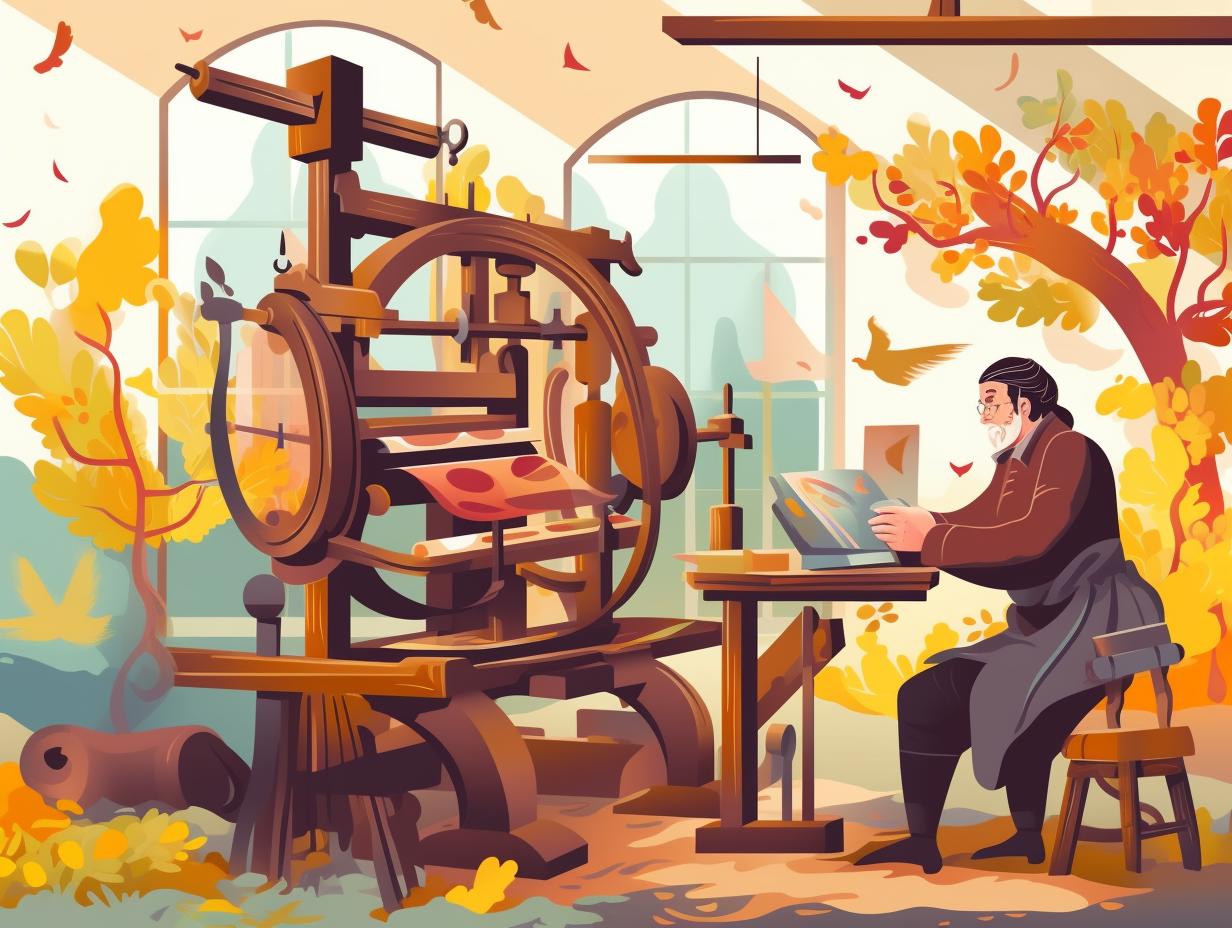Top 8 Unbelievable Fun Facts About Banks You Never Knew!

1. Ancient Roman Banking Buddies
Whoever said "show me the money" might have had an ancient Roman buddy named argentarii: these private money changers and bankers were quite literally the Jerry Maguires of their time, complete with codices that said, "You had me at debitum." They dominated the currency exchange scene, managed deposits, and made payments like it was BCE-usiness as usual, becoming indispensable to Roman economy and the growth of commerce and trade.
Source => brewminate.com
2. Jesse James: Bank Robber Extraordinaire
Before Jesse James had a chance to say "yeehaw" and rob banks in person, he was having his gang do the dirty work while he nursed a pesky chest wound: In 1866, despite being unable to participate himself due to a Civil War injury, Jesse James planned the Clay County Savings Bank robbery in Liberty, Missouri, marking the first bank robbery in America during peacetime. His gang of about thirteen men, including Frank James and Cole Younger, galloped to the bank, nabbed a whopping $60,000, and rode off into the outlaw-infested sunset.
Source => plazacollege.edu

Did you know that the ancient Chinese had their own version of Paypal? Discover how Flying Cash revolutionized commerce during the Song Dynasty by making transactions lighter and more convenient. Learn how this early form of paper money changed the game! 💸🇨🇳
=> Fun Facts about Money
3. The Compassionate Origins of Monte dei Paschi
Can you bank on a laugh? It turns out the grandparents of all banks - Monte dei Paschi di Siena - started off as a pity-party for the needy: Founded in 1472 in Italy, it began as a Monte Pio, lending tiny bits of money to the downtrodden at the lowest possible interest rates, before transforming into a banking behemoth and revolutionizing the credit system in 1624.
Source => gruppomps.it
4. Medici Bank's Holy Alliance with the Catholic Church
Talk about divine overdrafts: The Medici bank in medieval Europe partnered with the Catholic Church, collected a 10% tithe from individuals, enforced payment using the threat of excommunication, and even had the Pope himself owing them a significant amount. This smart approach made the Medici bank Europe's most profitable business, as they used a franchise system and wisely avoided lending to risky royals.
Source => pbs.org

5. The Bank of England's Saucy Nickname Saga
Picture this: a scandalous love affair between an aged finance vixen and a rakish Prime Minister – but it's not what you think! Bet you didn't know: the Bank of England earned its nickname, the "Old Lady of Threadneedle Street", from a 1797 political cartoon that satirized the Bank Restriction Act, which halted gold redemptions and resulted in payments being made in paper money exclusively. The caricature portrayed the bank as an elderly woman seduced by the Prime Minister, and the saucy misnomer stuck ever since.
Source => investopedia.com
6. Debt Forgiveness: Straight Out of the Old Testament
Who says debt forgiveness is ancient history? The Old Testament's Shemittah and Jubilee might just be your Holy Grail to financial salvation: Predating modern bankruptcy laws, every seven years, debts were wiped clean, slaves freed, and even non-citizens were generously unburdened – a tradition that's now echoed in the U.S. Bankruptcy Code of 1978 and further fine-tuned by the COVID-19 inspired subchapter V for struggling small companies.
Source => lexology.com
7. J.P. Morgan: Banking System's Superhero
When "J.P. Morgain't" no party like a bank-saving party 'cause a JPMorgan party won't stop: In the early 1900s, J.P. Morgan heroically swooped in to rescue the banking system during the Panic of 1907, preventing widespread bank failures and restoring trust in financial institutions; ever since, JPMorgan has been the go-to BFF for U.S. regulators during banking crises.
Source => barrons.com
8. Feather-light Piggy Banks and Burdened Wallets
When Piggy Banks were feather-light and wallets needed a workout: The Stockholms Banco in Sweden issued the first ever banknotes in Europe in 1661, as a creative solution to tackle bank runs caused by depositors demanding their heavy coins back, ultimately leading to easier transactions but also sparking inflation and the bank's eventual failure.
Source => riksbank.se
Related Fun Facts




















